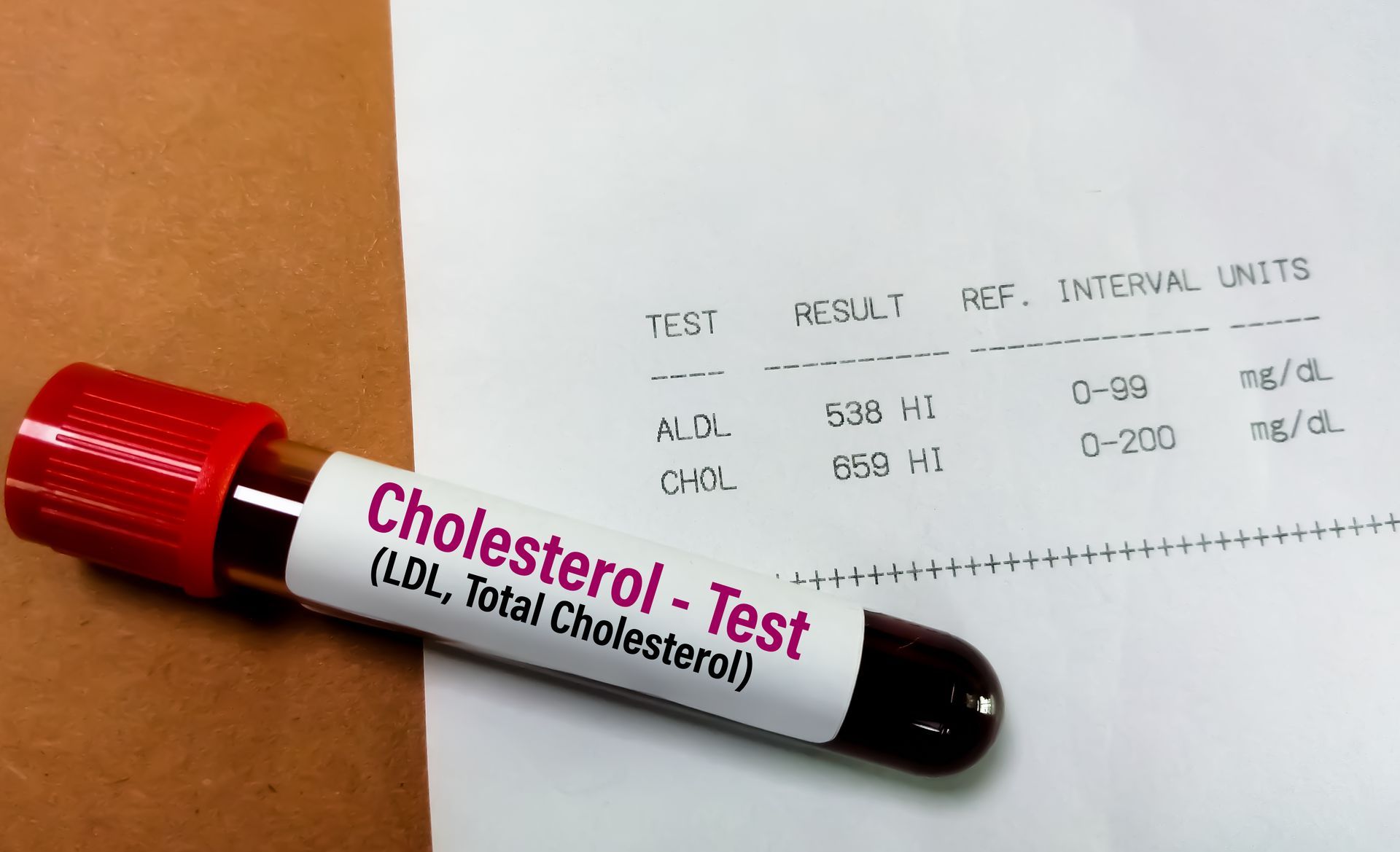Our Location
Elige tu idioma:
Managing Coumadin Therapy With Other Medications

Coumadin, also known by its generic name warfarin, is a widely prescribed anticoagulant medication used to prevent blood clots. Proper Coumadin management, including precise warfarin dosing and vigilant monitoring, is crucial to ensure its effectiveness and safety.
This comprehensive guide will teach you everything you need to know about Coumadin medication, Coumadin management, and how Coumadin therapy interacts with other medications.
Understanding Coumadin Therapy
Coumadin, a vitamin K antagonist, operates by slowing down the creation of specific clotting components in the liver. This action hinders the creation of blood clots, reducing the risk of strokes and other thrombotic events. Proper Coumadin medication is vital for patients at risk of such events.
Warfarin Dosage
The warfarin dosage is highly individualized and determined by factors such as the patient’s age, weight, genetics, and the reason for anticoagulation. To achieve the desired level of anticoagulation, healthcare providers must carefully calculate the initial warfarin dosage.
Warfarin Monitoring
Regular warfarin monitoring through International Normalized Ratio (INR) tests is essential to assess the patient’s clotting time. The INR value indicates how quickly blood clots. After analyzing these results, healthcare providers make necessary adjustments to the warfarin dosage to maintain a therapeutic range.
Coumadin Management with Other Medications
A. Potential Interactions
Antiplatelet Medications
Patients on Coumadin therapy should be cautious when taking antiplatelet drugs like aspirin or clopidogrel. These medications increase the risk of bleeding when combined with coumadin, necessitating careful coumadin dosage adjustments.
Non-Steroidal Anti-Inflammatory Drugs (NSAIDs)
NSAIDs like ibuprofen or naproxen also interact with Coumadin, potentially elevating the risk of bleeding. Patients should be advised to opt for alternative pain management options or, if necessary, use NSAIDs under strict medical supervision.
B. Coumadin Medication in Clinical Practice
Communicating with Healthcare Providers
Patients should maintain transparent and honest communication with their healthcare professionals regarding all medications, including over-the-counter drugs and supplements. This enables providers to make informed decisions about Coumadin dosing and potential adjustments based on new prescriptions.
Regular Follow-Ups
Routine follow-up appointments are crucial for monitoring the efficacy of Coumadin therapy. During these visits, healthcare providers conduct INR tests and assess the patient’s overall health, making any necessary warfarin dosage adjustments.
What is Coumadin Used For?
Doctors prescribe Coumadin for a range of medical conditions, including:
- Atrial Fibrillation
Patients with atrial fibrillation, a type of irregular heart rhythm, are at an increased risk of forming blood clots. Healthcare providers often recommend Coumadin therapy to reduce this risk and prevent strokes.
2. Deep Vein Thrombosis (DVT) and Pulmonary Embolism (PE)
Coumadin is a key component in treating and preventing DVT, which involves blood clots forming in the deep veins. PE occurs when a clot moves to the lungs, which can be life-threatening.
3. Mechanical Heart Valves
Patients with mechanical heart valves require anticoagulation to prevent blood clots from forming on and around the valve. Coumadin is the most common medication used for this purpose.
Frequently Asked Questions About Warfarin Monitoring
How often should I have my INR checked during Coumadin therapy?
The frequency of INR checks during Coumadin therapy may vary depending on individual factors and healthcare provider recommendations. Patients typically have their INR monitored every two to four weeks initially. After establishing a stable dose, healthcare providers often reduce the frequency of INR checks to approximately every 4–12 weeks. However, it’s essential to follow your healthcare provider’s guidance regarding the frequency of monitoring.
Are there alternatives to Coumadin for anticoagulation therapy?
Yes, there are alternatives to Coumadin for anticoagulation therapy, such as newer oral anticoagulants (NOACs) including apixaban, dabigatran, edoxaban, and rivaroxaban. These medications have become increasingly popular due to their predictable dosing, fewer drug interactions, and less frequent monitoring requirements than Coumadin. The choice of the anticoagulant depends on the individual patient’s factors and the specific medical condition being treated. Talking with your healthcare provider about these choices is crucial to finding the best treatment.
Empowering Patients: Navigating Coumadin Therapy for Safe and Effective Anticoagulation
Coumadin therapy is a delicate balance of precise warfarin dosing, vigilant warfarin monitoring, and understanding its interactions with other medications. Patients and healthcare providers play crucial roles in ensuring the efficacy and safety of Coumadin medication. Adherence to proper Coumadin management practices effectively mitigates the risks associated with underlying medical conditions. Open communication with healthcare providers is vital, and regular follow-ups are essential for optimal outcomes.
Our dedication to your well-being goes beyond words; explore our specialized services through our website. Begin your journey towards a balanced, thriving life by scheduling an appointment at (813) 968-8314 or clicking “Book an Appointment.” Let us lead the way in prioritizing your health and the well-being of your loved ones.
Ocana Medical, located in Tampa, FL, aims to bring you as much information as possible to keep you healthy. We're in this together. #ocanacares
“Respect. Compassion. Quality. Integrity. These are the values on which Ocana Medical Center was built. Our aim isn’t just to treat you today. We hope to earn your trust and be your healthcare provider for life.”
©2023 Ocana Medical Group, Inc.
USEFUL LINKS
GET IN TOUCH
Call Us Today
Send us Email
Our Location
Ocana Medical Center | All Rights Reserved.












